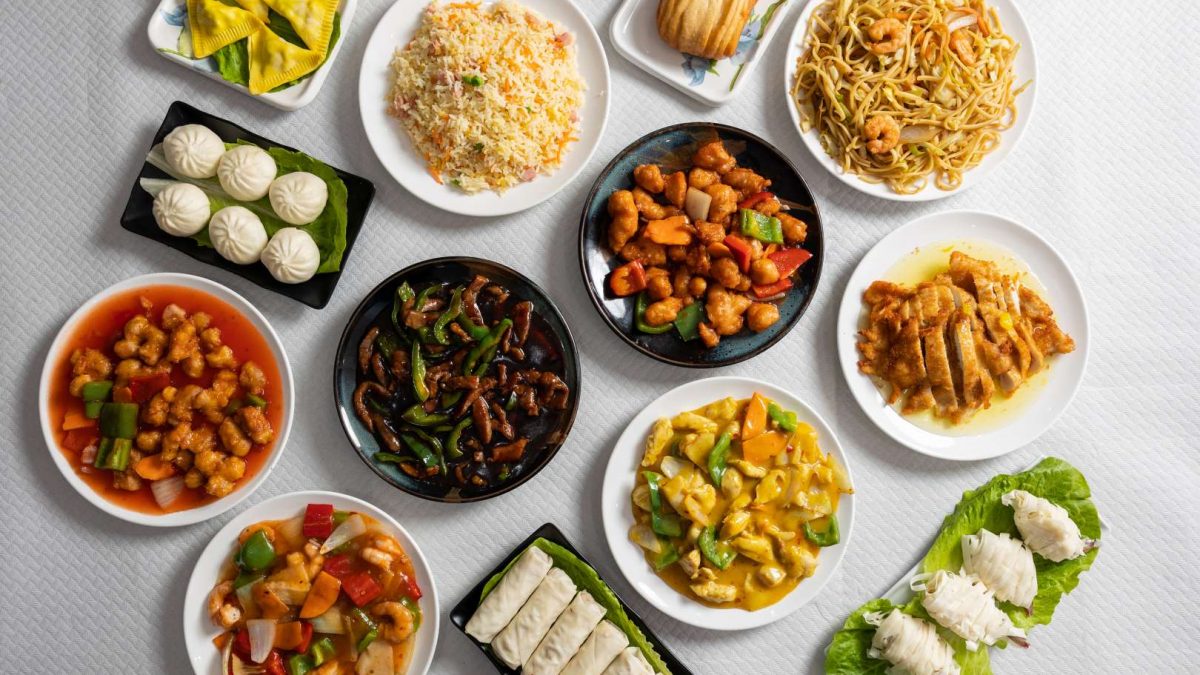Reasserting Hong Kong’s Reputation as a Culinary Capital
Youth I.D.E.A.S. 78
Economic & Employment —— Reasserting Hong Kong’s Reputation as a Culinary Capital
As an international metropolis, Hong Kong has enjoyed a worldwide reputation as a culinary capital. Hong Kong’s food culture is not only based on its traditional Chinese heritage but is also deeply influenced by various global cultures, forming a unique mix of East and West. The interplay between food and tourism, one of the four pillar industries, showcases Hong Kong’s attraction while supporting important economic and social development. However, maintaining Hong Kong’s reputation in this aspect is increasingly challenging as many nearby Asian cities have rapidly enhanced their attractiveness by developing and promoting their food cultures.
This study collected data between February and May 2024, by reviewing literature, conducting onsite surveys with 520 Hong Kong youths aged 18-34, 13 young practitioners in the catering industry, and interviewing six subject matter experts and academics

Publication
Click to Read More
Research Background
As an international metropolis, Hong Kong has enjoyed a worldwide reputation as a culinary capital. Hong Kong’s food culture is not only based on its traditional Chinese heritage but is also deeply influenced by various global cultures, forming a unique mix of East and West. The interplay between food and tourism, one of the four pillar industries, showcases Hong Kong's attraction while supporting important economic and social development. However, maintaining Hong Kong's reputation in this aspect is increasingly challenging as many nearby Asian cities have rapidly enhanced their attractiveness by developing and promoting their food cultures. South Korea has successfully introduced "Korean Food" to the world. In addition, since the establishment of the UNESCO Creative Cities Network in 2004, a total of 57 cities have been designated as "Cities of Gastronomy", including several cities in Mainland China. Since 2017 Macau, after being selected as a "City of Gastronomy", has emphasised "tourism + gastronomy" development. Just north of Hong Kong, Shenzhen is constantly innovating its diversity of dishes, that attracts many Hong Kong consumers to venture northward. Strategies are urgently needed to consolidate Hong Kong's advantages as the culinary capital and elevate its cultural strength.
The local catering industry has long-endured various challenges, such as high rents, rising food costs, labour shortages, and a lack of younger generation interest. The preservation of unique food cultures is also a concern as traditional dishes gradually disappear, weakening Hong Kong’s reputation as a food capital and further undermining its competitiveness.
Recently, there have been many discussions to promote Hong Kong's economic revival and restoring the city's appeal. The Government, industry, and the public are actively seeking new paths for Hong Kong. The Director of Hong Kong and Macao Affairs Office of State Council, Xia Baolong, has proposed the concept of "Tourism is everywhere in Hong Kong”. The HKSAR Government is determined to revive the tourism industry by actively promoting in-depth travel, specialty tourism, and urban tourism, where Hong Kong's time-honoured food culture holds great potential for development.
Research Method
This study collected data between February and May 2024, by reviewing literature, conducting onsite surveys with 520 Hong Kong youths aged 18-34, 13 young practitioners in the catering industry, and interviewing six subjectmatter experts and academics.
Main Discussion
- Hong Kong has an advantage as a culinary capital. Hong Kong has integrated Chinese and Western food cultures, with a diversity of ingredients, enriching both its core and alternate dining options, to form a unique food profile.
- Surrounding areas have, in recent years, made rapid progress in developing their food and cuisine. At the same time, Hong Kong's catering industry has experienced various challenges, such as the rise in food costs, increasingly expensive rents, and labour shortages.
- In recent years, the dining industry has emphasised personalised dining experiences. This has included the types of restaurants, service quality, food innovation and catering to the needs of different customer groups.
- Food tourism has economic potential. Embracing emerging food cultures, sustainable development and healthy eating practises, will enable Hong Kong to seize the 3 Youth I.D.E.A.S. Report: Reasserting Hong Kong as a Culinary Capital opportunities to accelerate the consolidation and expansion of its position as a gastronomic destination.
- Promoting and shaping of distinctive cultures. This can have a significant impact on consolidating Hong Kong's culinary status.
- Hong Kong’s food industry has a structural problem of insufficient new talent. However, with the introduction of technology and the diversification of the food industry, coupled with the further development of vocational education, it can help to broaden the imagination of the new generation towards the industry and establish a positive image.













